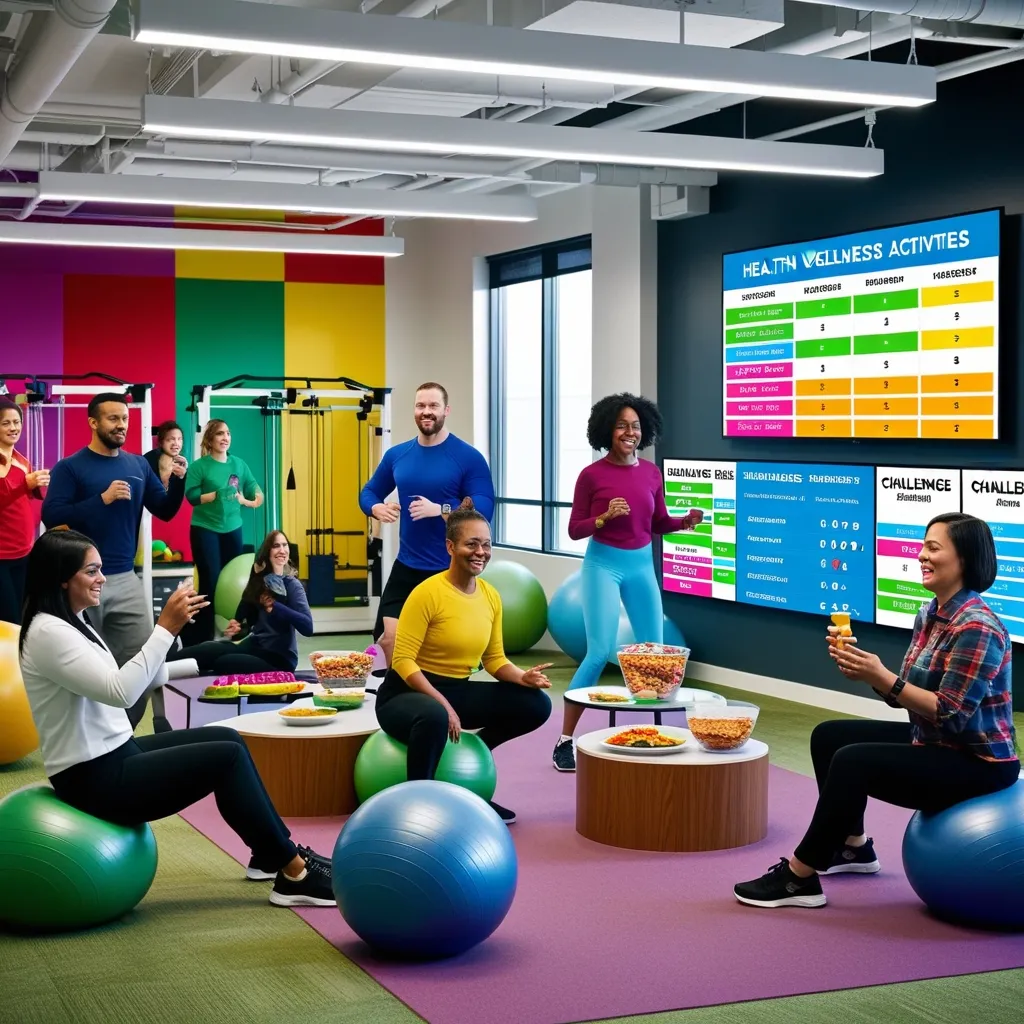Grocery shopping. Ugh, right? We’ve all been there, cart full of stuff we didn’t really need, only to toss half of it away a week later. Let’s face it, our shopping habits could use a makeover. Here’s some practical tips to make grocery shopping easier, cheaper, and way less wasteful.
First things first, let’s talk meal planning. It sounds like a lot of work, but just a few minutes thinking about what you actually want to eat during the week can save a ton of hassle later on. Dinner at home? Lunch to-go? Special event? Jot down a rough plan for the week. Trust me, it’s a game changer for cutting back on those impulse aisles grabs and helps keep meals healthier, too.
Next up, the magical shopping list. With your meal plan in hand, make a list of what you need to buy. Simple enough, right? Coffee, snacks, whatever—just jot it down. This helps avoid the “ooh, this looks good” or the “I think I might need this” additions to your cart. Stick to your list. Your wallet will thank you. Plus, it’s great for making sure you don’t leave with bags full of stuff you already have at home.
Once you’re at the store, be smart about what you put in the cart. Bulk buying is a fantastic way to reduce waste—think coffee beans, grains, nuts, flour. These items usually come with far less packaging and let’s face it, who doesn’t love the idea of filling up a big ol’ reusable container? Just remember to weigh those containers first to avoid any surprises at checkout.
Loose produce is another hero in cutting down waste. Skip the pre-packaged stuff. Grab that handful of apples, a couple of carrots, and maybe some potatoes. Avoid the plastic-wrapped veggies—it’s easy and way better for the planet.
Reusable bags and containers—don’t leave home without them. They’re your best buds in this zero-waste journey. Cotton produce bags for fruits and veggies and maybe some glass containers for bulk items. These can be used over and over and just make everything look and feel cleaner and more organized.
Receipts. Do you really need one? If the answer is no, skip it. Many stores now offer electronic receipts. Less paper waste means one less thing to toss when you get home.
For the online shoppers out there, keep an eye out for stores that make an effort to reduce plastic. Whether it’s offering minimal packaging options or using recyclable materials, some stores are doing better than others. Don’t be afraid to ask about their policies—your inquiries could push them to improve.
Now, life happens. Sometimes your meal plan goes out the window—spontaneous dinner plans, anyone? And that’s okay. Be flexible. Adjust your meal plan accordingly to avoid waste.
Another trick is shopping more frequently but buying less each time. It sounds counterintuitive, but it can reduce waste. Grabbing what you need for the next few days means fresher produce and less food going bad before you use it.
Sales can be tempting. Grabbing four boxes of cereal because they’re half off may seem smart, but only if you’re actually going to eat them. Plan your purchases around what’s on sale but make sure you aren’t buying just because it’s a bargain.
Shopping when hungry is a recipe for disaster. Everything looks good and you end up with twice as much as you need. So grab a snack beforehand. It’ll help keep you focused and stick to that list.
Using what’s already in your pantry is the ultimate eco-friendly move. Dig through, see what you’ve got, and use it. Get creative with storage—old jars can be used for leftovers, baking supplies, whatever. It’s all about making the most out of what you already have.
Community! Get to know local farmers, bakers, grocers. They can be invaluable allies in your zero waste efforts. They might accommodate your request for no packaging or even share tips and tricks of their own. Plus, it builds a sense of community and makes shopping a more personal and enjoyable experience.
Finally, cut yourself some slack. Perfection isn’t the goal here. It’s about making small, conscious efforts to reduce waste. If a plastic-wrapped item makes it into your cart every now and then, that’s okay. Progress is key.
With a bit of practice and these tips in hand, simplifying your grocery shopping can become second nature. You’ll save money, reduce waste, and feel a whole lot better about your shopping choices. Happy shopping!






